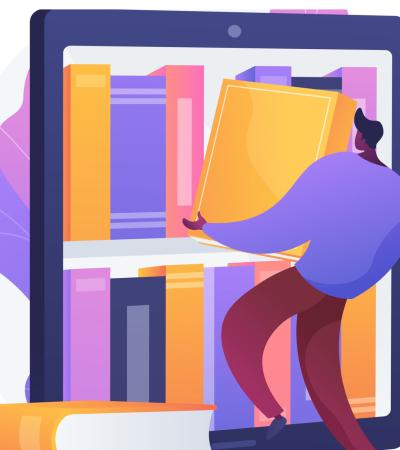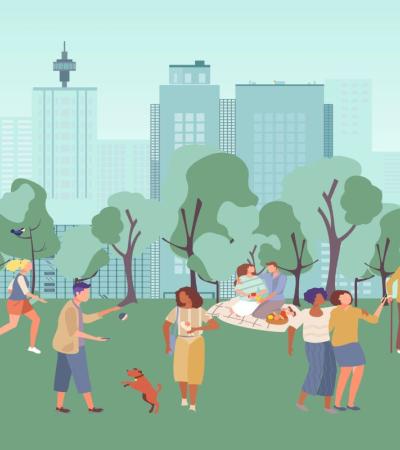Library workers need to be skilled in outreach and marketing so they can promote their libraries’ programs and services and advocate for their organizations. But in many MLIS programs, skills like outreach and marketing — things that many programming librarians do every day, but that fall outside the “typical” librarian job description — often go untaught, leaving workers to learn on the job.
Outreach and marketing skills are frequently taught in classrooms in fields outside librarianships, for example, in business and entrepreneurship and nonprofit management. Members of ALA’s Skills for 21st-Century Librarians task force recently assessed materials from these two fields to see what we, in the library field, could learn from them.

What we found
An online business and management course at Wharton University of Pennsylvania, “Selling Ideas: How to Influence Others and Get Your Message to Catch On,” offered some useful ideas. The course teaches how social media and word of mouth can spread messages. This information certainly applies in a library context, especially as information sources become more specialized and social media platforms further segmentize attention. Crafting “contagious content” and writing “stickier messages” — topics covered in the Wharton course — are relevant to the business and library worlds alike.
But in libraries, we also need to think deeply about ideology — namely how the Core Values of Librarianship guide our institutions in sharing information and services. This is much different than in for-profit businesses.
Additionally, it is vital to think about how library spaces can be promoted and cultivated as places to connect rather than being seen as sites of commerce. Understanding how to approach and create relevant communications around services means working with community members and/or organizations early in the planning process. Libraries have the unique challenge of tailoring messages for a community based on cultural competence and a deep knowledge of their community. Wordsmithing is just the tip of the iceberg.
And the very marketing skills that are often touted as best practices in other fields could be problematic in libraries. Those “sticky messages,” for instance: messages that sell can be misleading or lack information that is important to knowledge development.
Adapting to the library field
So how could we teach marketing and outreach for the library world? Here are two exercises the task force suggested:
Defining local networks: The first exercise helps library workers identify and strategize around their local networks. This exercise can be divided in two parts. First, ask your team to choose five to seven keywords to describe how your library (an idealized version) sees itself in relation to the community you serve. Then do the exercise again, but this time, ask them to consider people in their community who might not agree with their initial answers. Discuss how community members see the library functioning and where they may disagree with those initial keywords.
Fictional library scenarios: The second exercise helps us think strategically about tailoring messages specific to patrons. Divide students/workers into groups of five and ask them to assume one of the following roles: marketing manager, technology commons specialist, youth librarian, public program support staff, and collection development specialist. Have the teams look at online and print publications from different peer libraries in the region and identify and evaluate what these libraries are communicating about their services, programs and spaces. How do these messages fit (or not fit) the demographics of their communities? Then, consider the fictional library that their team is leading, and develop a mock strategy to promote a service.
Mimosa Shah is an MLIS student at the School of Information Sciences at the University of Illinois at Urbana-Champaign and a 2020-2021 ALA Spectrum Scholar. Skills for 21st-Century Librarians: Task Force for the Development of a NILPPA-Informed Programming Librarian Curriculum was made possible in part by the Institute of Museum and Library Services grant number RE-246421-OLS-20.
Read the next blog in the "Skills for 21st-Century Librarians series, "Event Planning ≠ Program Planning: Teaching Event-Planning Skills."



